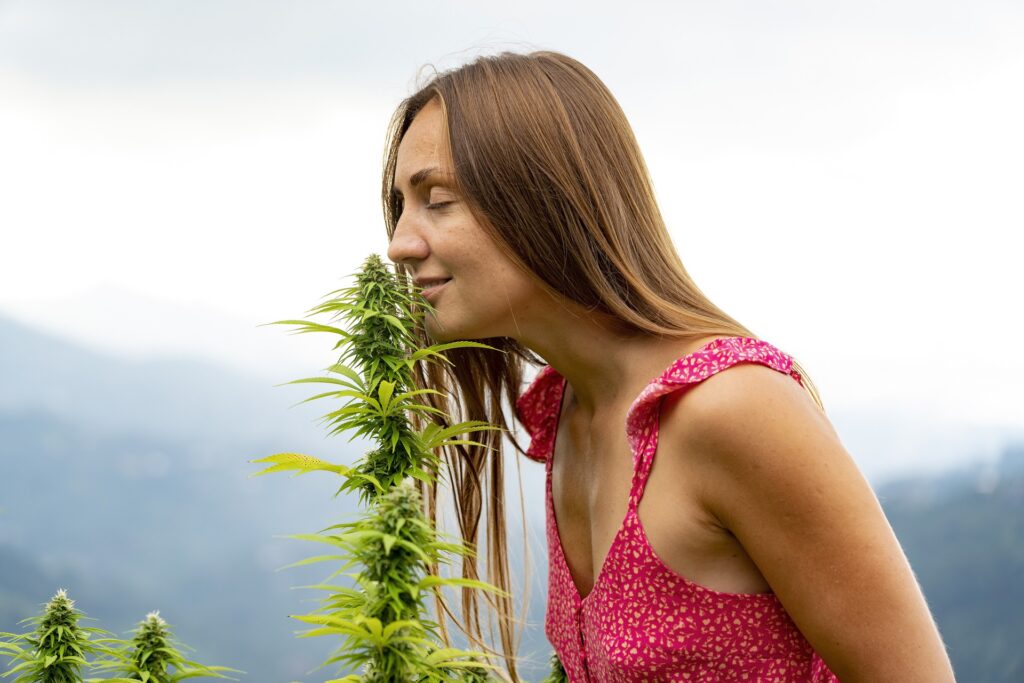
Ooooh that smell: Cannabis Odor Control
Cannabis is notorious for a particular smell well recognized by many and often attributed as sharing similarities with a skunk. The sweet smell of a flowering sativa is fragrance to a cannabis cultivator tending to the cultivation room but may be considered a rancid stench to another more sensitive nose. Encountering cannabis in any form must be better than meeting the noxious end of a skunk, but at the end of the day, proper planning and avoiding becoming a “skunky neighbor” is required in the marijuana industry. Massachusetts law protects individuals and the public from nauseating odors, noises, and sights when they arise to such a high level that it affects the public good or becomes so unreasonably offensive it constitutes a nuisance. Pendoley v. Ferreira, 345 Mass. 309, 312-313 (1963) (nauseating odors from piggery constituted nuisance).
A Marijuana Establishment must plan to counter the odor of cannabis with its sweet, herbal, and pungent funk at all stages of its presence within the facility from budding growth to processing cannabis into products. Cannabis is most fragrant and the terpenes detectable in the end of the flowering stage of its growth and when the plant is being processed into products. The odor mitigation planning begins with the actual design and construction of the facility with the outfitting of appropriate technology and equipment to meet the needs of the operation. Various forms of odor control exist to mitigate and eliminate offensive odors including physical barriers, air filtration, neutralization, and other purification processes. Choosing the combination of the right processes depends on the needs of your project.
All Marijuana Establishments licensed by the Cannabis Control Commission (CCC) must show during their community outreach event how they will not constitute a nuisance as defined by law. Detailed plans are required to meet the responsibilities of a Marijuana Establishment at the municipal and state licensing and permitting stage. Marijuana Retailers, Cultivators, Product Manufacturers, and On-Site Consumption Establishments must all take precaution to ensure they are complying relative to odor and noise concerns. 935 CMR 500.120 (11) and 935 CMR 500.130 (3) specifically require Cultivators and Product Manufacturers satisfy requirements of preventing odor and noise amounting to Air Pollution under 310 CMR 7.00.
AIR POLLUTION is defined as the presence in the ambient air space of one or more air contaminants or combinations thereof in such concentrations and of such duration as to:
(a) cause a nuisance;
(b) be injurious, or be on the basis of current information potentially injurious to human or animal life, to vegetation, or to property; or
(c) unreasonably interfere with the comfortable enjoyment of life and property or the conduct of business.
A public nuisance is generally a significant interference with the public health, the public safety, the public peace, the public comfort or the public convenience. Sullivan v. Chief Just. for Admin. & Mgmt. of Trial Ct., 448 Mass. 15, 34, 858 N.E.2d 699, 715 (2006). More often, a private nuisance occurs when one property owner maintains a condition or activity on his property that causes a substantial and unreasonable interference with the use and enjoyment of the property of another.” Taygeta Corp. v. Varian Assocs., Inc., 436 Mass. 217, 231 (2002), quoting Doe v. New Bedford Housing Authority, 417 Mass. 273, 288 (1994).
In the circumstance of cannabis pungency being well known, it is best to have a carefully tailored odor control plan to prevent releases and best select your facility location. CG attorneys are experienced in assisting some of the dankest cultivators in Massachusetts to design their facility and manage their operation so as to prevent their kind aromas from causing an unreasonable interference.
